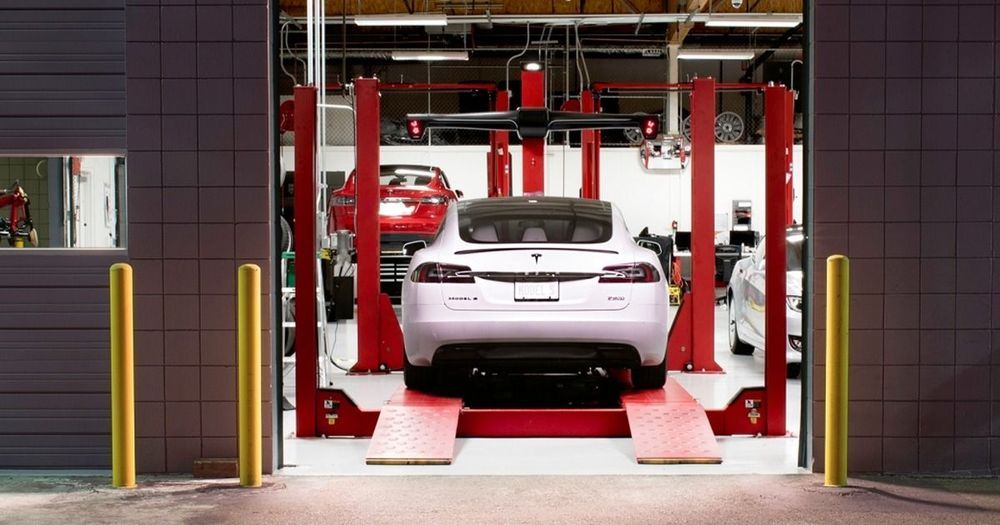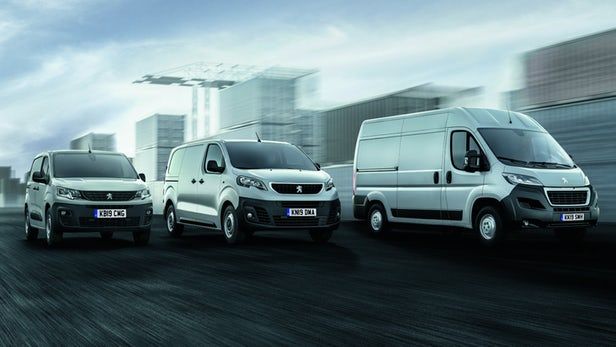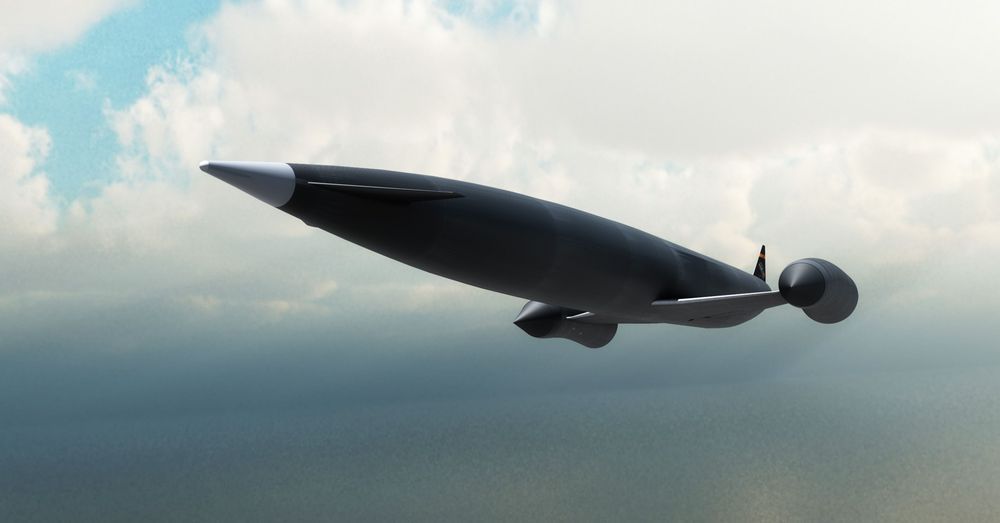A new update pushed to Tesla vehicles includes a “live issue detection” feature, which enables them to “keep tabs on certain components to let you know if they need replacing and order parts ahead of your next service visit,” according to a company statement sent to Electrek.
Once the vehicle figures out which replacement part it needs, it pre-orders it to the closest Tesla Service Center. Owners can then schedule a visit through the Tesla app.






